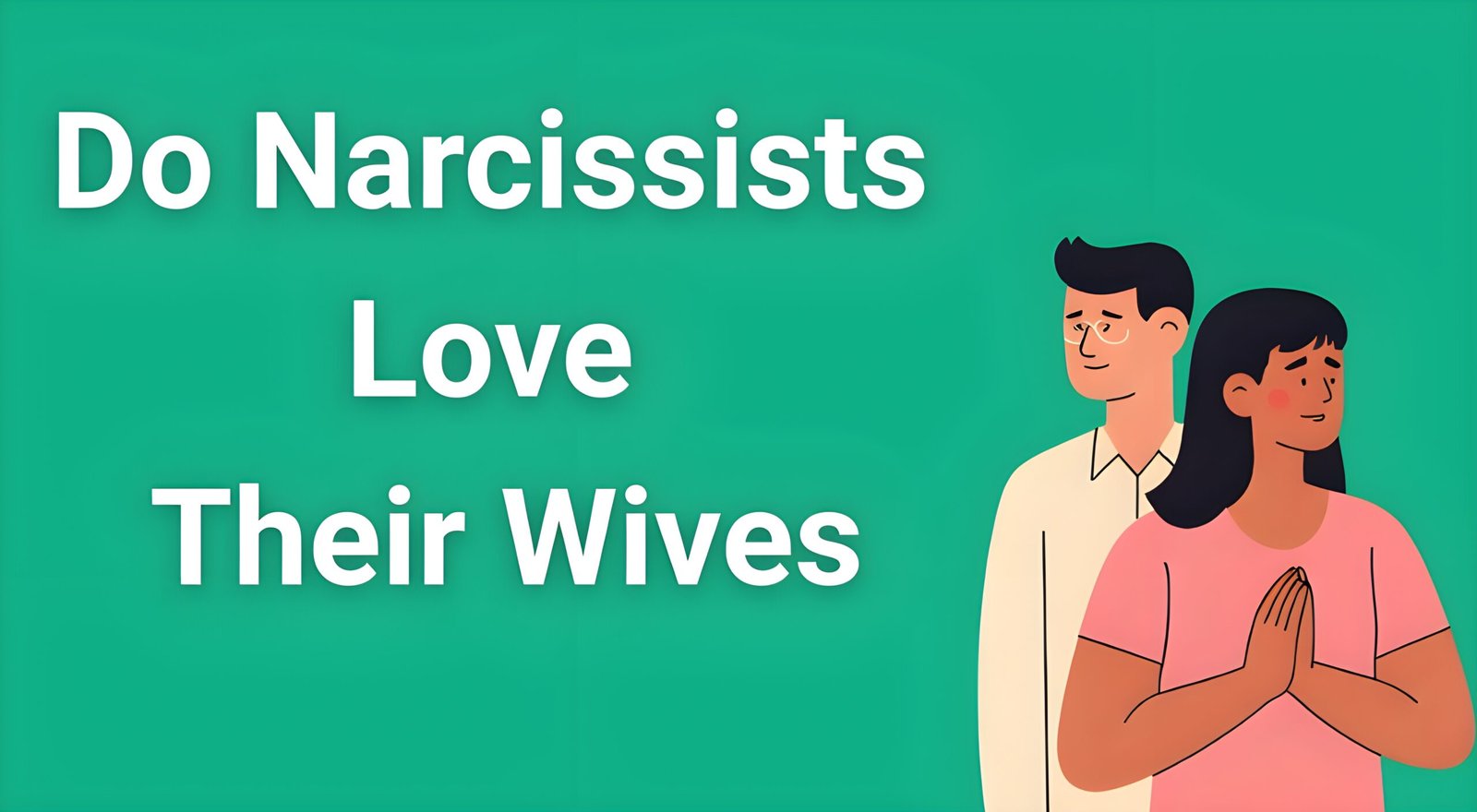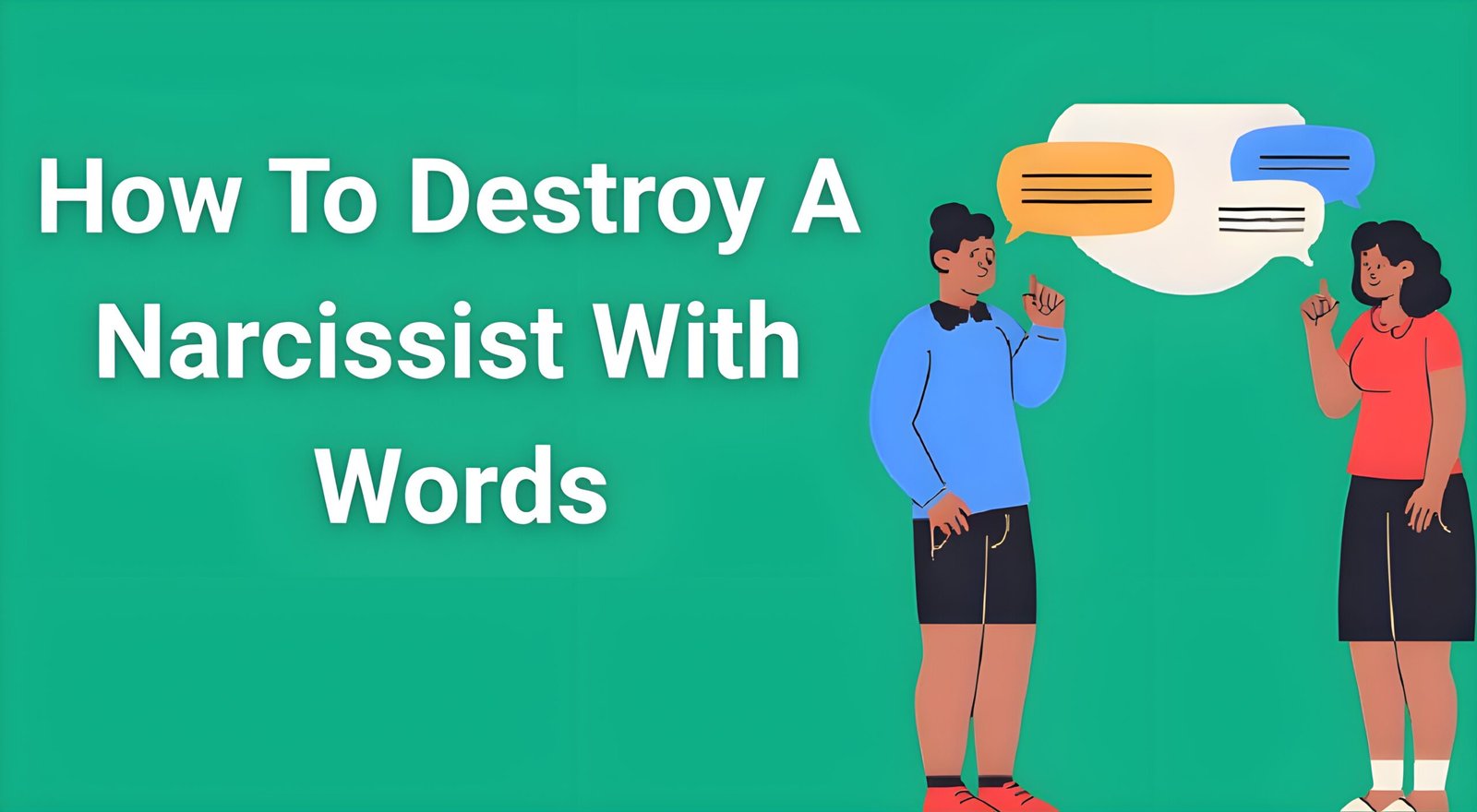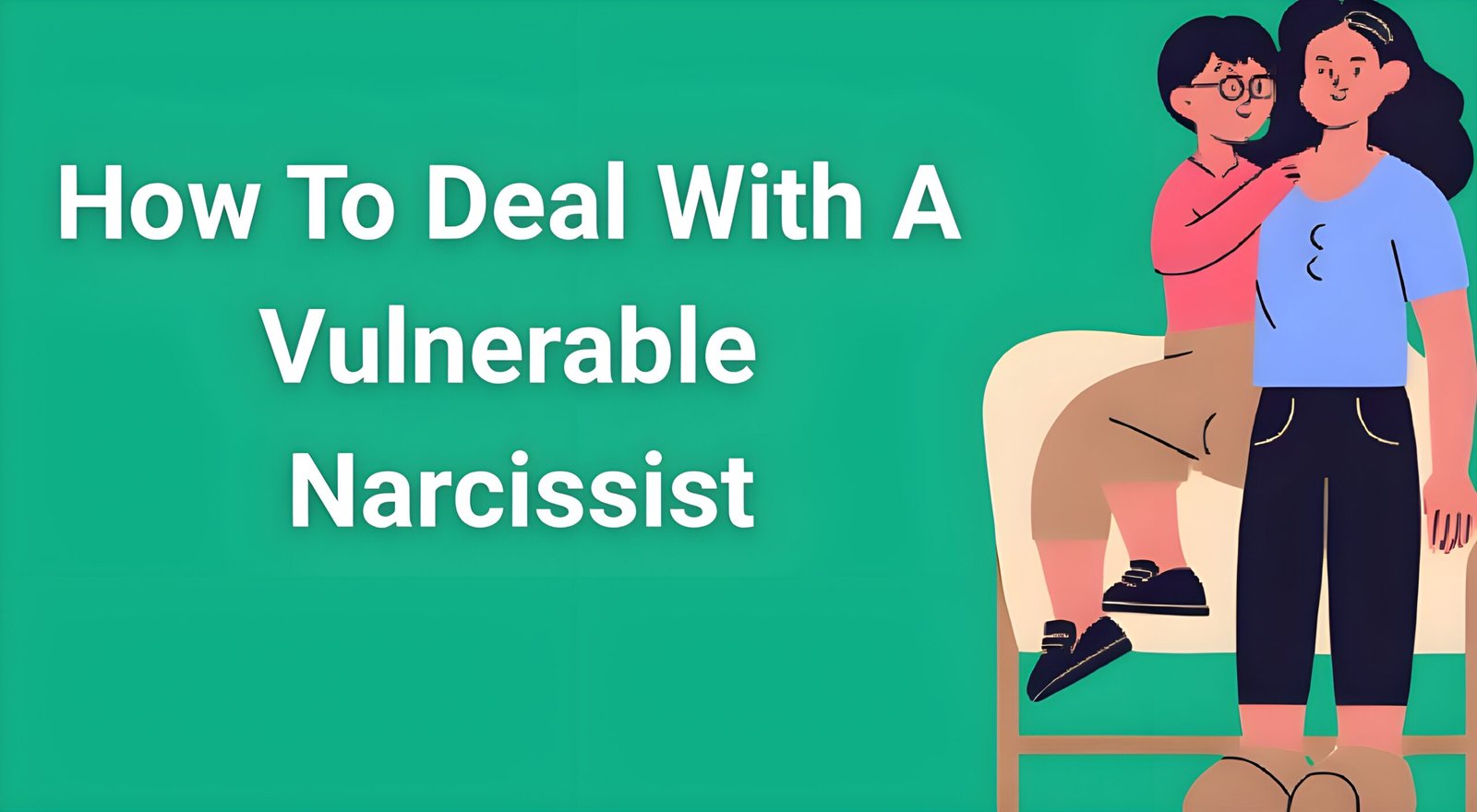How to know if you’re dating a narcissist? 7 deadly signs – if you’re asking this question, you’re already experiencing the gut-wrenching confusion that comes from being targeted by someone whose charm masks a dangerous personality disorder. After working with thousands of survivors through NarcissismExposed.com as a Certified Narcissistic Abuse Specialist, I can tell you that recognizing these signs early could save you from years of psychological trauma and emotional devastation.
- Why Understanding How to Know if You’re Dating a Narcissist: 7 Deadly Signs Matters
- How to Know if You’re Dating a Narcissist: 7 Deadly Signs – The Complete Guide
- How to Know if You’re Dating a Narcissist: 7 Deadly Signs – Taking Action
- The Recovery Process: Healing After Recognizing the Signs
- Key Takeaways: How to Know if You’re Dating a Narcissist: 7 Deadly Signs
- Frequently Asked Questions
The brutal reality is that narcissists are master manipulators who target empathetic, successful individuals during their most vulnerable moments, using sophisticated psychological tactics that can trap victims before they realize what’s happening. What feels like the most intense, passionate love of your life is actually a carefully orchestrated campaign designed to exploit your deepest needs and desires.
Understanding how to know if you’re dating a narcissist through these 7 deadly signs isn’t about being cynical or suspicious – it’s about protecting yourself from individuals who view relationships as games to be won rather than connections to be cherished. These warning signs appear early in relationships, often disguised as romantic gestures or signs of deep connection.
The reason these signs are “deadly” isn’t because they’re physically dangerous (though they can be), but because they kill your sense of reality, self-worth, and ability to trust your own perceptions. Recognizing them early is the difference between escaping unharmed and spending years trying to recover from psychological abuse that leaves lasting scars.
Why Understanding How to Know if You’re Dating a Narcissist: 7 Deadly Signs Matters
Before we explore the specific warning signs, it’s crucial to understand why learning how to know if you’re dating a narcissist: 7 deadly signs is so important for your safety and wellbeing. Narcissistic abuse isn’t just about difficult personalities – it’s about systematic psychological manipulation that can destroy your mental health, relationships, and sense of self.
The targeting process is deliberate and sophisticated. Narcissists don’t randomly select their victims – they specifically target individuals who possess qualities they want to exploit or destroy. According to research published in the Journal of Personality and Social Psychology, narcissists are drawn to people who are empathetic, successful, attractive, or have strong support networks – essentially, people who have something they want.
The love-bombing phase is designed to bypass your natural defenses. The intense attention, affection, and apparent deep connection you feel isn’t genuine love – it’s a calculated strategy to create powerful emotional bonds before revealing their true nature. This phase is so overwhelming and intoxicating that victims often describe it as feeling like they’ve finally found their “soulmate.”
The cost of missing these signs is devastating. Research shows that victims of narcissistic abuse experience higher rates of depression, anxiety, PTSD, and complex trauma than victims of other forms of abuse. The psychological damage can take years to heal, and many survivors report that the emotional abuse was more devastating than any physical violence they experienced.
The Neurological Impact of Narcissistic Abuse
Understanding how to know if you’re dating a narcissist: 7 deadly signs becomes even more critical when you consider the neurological impact of this type of abuse. Studies using brain imaging technology show that prolonged exposure to narcissistic manipulation actually changes brain structure, particularly in areas responsible for decision-making, emotional regulation, and self-awareness.
The manipulation tactics narcissists use create what researchers call “trauma bonding” – a biochemical addiction to the cycle of abuse and reconciliation that makes it increasingly difficult to leave as the relationship progresses. This is why early recognition is so crucial – once trauma bonding takes hold, victims often find themselves unable to leave despite knowing the relationship is harmful.
The intermittent reinforcement schedule narcissists use (unpredictable rewards and punishments) creates the same neurological response as gambling addiction. Your brain becomes addicted to the highs of their attention and approval, while the lows of their withdrawal and criticism create anxiety that can only be relieved by their return to loving behavior.
How to Know if You’re Dating a Narcissist: 7 Deadly Signs – The Complete Guide
Understanding these seven deadly signs requires examining both the obvious red flags and the subtle manipulation tactics that are often dismissed as romantic intensity or emotional depth. Each sign builds upon the others, creating a comprehensive picture of narcissistic behavior patterns.
Deadly Sign #1: Love-Bombing That Feels Too Good to Be True
The first crucial element in how to know if you’re dating a narcissist: 7 deadly signs is recognizing love-bombing disguised as incredible romantic connection. This isn’t just someone who’s enthusiastic about you – it’s calculated overwhelming attention designed to create emotional dependency before you can evaluate the relationship clearly.
Love-bombing typically includes:
- Declaring love within the first few weeks or even days
- Constant texting, calling, or wanting to spend every moment together
- Expensive gifts or grand romantic gestures that seem disproportionate to how long you’ve known each other
- Talking about your future together (marriage, moving in, having children) extremely early
- Making you feel like you’re the most special person they’ve ever met
- Intense sexual chemistry combined with emotional intensity
Why this is deadly: Love-bombing creates powerful biochemical responses in your brain that mirror addiction. The intensity feels like deep connection, but it’s actually designed to bypass your natural caution and create dependency before you can assess their character objectively.
What healthy romantic interest looks like: Genuine interest develops gradually, respects your boundaries, and includes getting to know you as a person rather than overwhelming you with attention and future promises.
Red flag example: One survivor shared: “He told me he loved me on our third date and had already planned out our wedding. I thought it was romantic, but looking back, he never actually asked about my dreams or goals – he just created a fantasy and expected me to fit into it.”
Deadly Sign #2: Subtle Isolation from Your Support Network
The second critical aspect of how to know if you’re dating a narcissist: 7 deadly signs involves recognizing how they systematically isolate you from friends, family, and support systems. This doesn’t happen through obvious controlling behavior initially – it’s accomplished through subtle manipulation that makes you choose them over others.
Isolation tactics include:
- Creating conflict or drama whenever you spend time with friends or family
- Scheduling romantic dates or creating “emergencies” that coincide with your other commitments
- Subtly criticizing your friends and family, pointing out their “flaws” or how they “don’t understand” your relationship
- Monopolizing your time by wanting to spend every free moment together
- Making you feel guilty for prioritizing other relationships or activities
- Positioning themselves as the only person who truly understands or supports you
Why this is deadly: Isolation cuts you off from outside perspectives that might recognize the manipulation. It also makes you increasingly dependent on them for emotional support and validation, making it harder to leave when the abuse escalates.
What healthy boundaries look like: Partners who respect your other relationships, encourage your friendships, and understand that healthy relationships include time apart and diverse social connections.
Red flag example: “He always had a reason why my friends were bad for me. Sarah was ‘jealous,’ my sister was ‘toxic,’ and my best friend was ‘trying to break us up.’ I gradually stopped seeing them to avoid the arguments, and then I had no one to talk to when things got really bad.”
Deadly Sign #3: Emotional Manipulation Through Victim-Playing
The third essential component of how to know if you’re dating a narcissist: 7 deadly signs is recognizing how they use victim narratives to manipulate your empathy and avoid accountability. They present themselves as wounded souls who’ve been mistreated by everyone else, making you want to be the person who finally treats them right.
Victim-playing behaviors include:
- Constantly sharing stories about how others have wronged them
- Having a dramatic backstory that explains away all their problematic behaviors
- Never taking responsibility for their role in past relationship failures
- Using their “trauma” or “mental health issues” to excuse harmful behavior
- Making you feel like you’re the only person who truly understands them
- Crying or displaying emotional vulnerability to avoid consequences for their actions
Why this is deadly: Your natural empathy becomes a weapon against you. You start excusing increasingly harmful behavior because you feel sorry for their past pain, and you become invested in being their “healer” rather than focusing on how they treat you.
What healthy emotional sharing looks like: Partners who share their history without using it to manipulate, who take responsibility for their part in past conflicts, and who don’t use vulnerability to avoid accountability.
Red flag example: “Every time I tried to address something he did that hurt me, he would break down crying about his childhood trauma. I felt terrible for bringing it up and would end up comforting him instead of getting my concerns addressed.”
Deadly Sign #4: Gaslighting and Reality Distortion
The fourth crucial element in how to know if you’re dating a narcissist: 7 deadly signs involves recognizing gaslighting – the systematic distortion of your reality to make you doubt your own perceptions and memory. This is often the most confusing and damaging aspect of narcissistic abuse because it attacks your ability to trust yourself.
Gaslighting tactics include:
- Denying conversations or events that clearly happened
- Minimizing your emotional reactions as “overreacting” or being “too sensitive”
- Rewriting history to make themselves look better and you look unstable
- Claiming you misunderstood their “obvious” jokes or sarcasm when they say hurtful things
- Using your own words against you by taking them out of context
- Making you question your memory, perception, and judgment
Why this is deadly: Gaslighting erodes your confidence in your own perceptions, making you increasingly dependent on their version of reality. This makes it nearly impossible to recognize abuse clearly or trust your instincts about leaving.
What healthy communication looks like: Partners who acknowledge your perceptions, take responsibility for their impact even when it wasn’t their intention, and work together to understand different perspectives without invalidating your experience.
Red flag example: “I started keeping a journal because I couldn’t trust my own memory anymore. He would deny saying things I clearly remembered, and then act like I was crazy for bringing it up. I began to think I was losing my mind.”
Deadly Sign #5: Conditional Love and Emotional Withholding
The fifth critical aspect of how to know if you’re dating a narcissist: 7 deadly signs is recognizing how their love and affection depend entirely on your compliance with their expectations and needs. Their love isn’t based on who you are as a person – it’s contingent on how well you serve their ego and image.
Conditional love behaviors include:
- Withdrawing affection when you don’t meet their expectations
- Giving you the silent treatment as punishment for perceived slights
- Being loving and attentive only when you’re useful to them
- Sudden mood changes that leave you walking on eggshells
- Making you feel like you have to earn their love through constant effort
- Using affection as a reward system for compliance
Why this is deadly: Conditional love creates chronic anxiety and hypervigilance as you constantly monitor their mood and adjust your behavior to maintain their approval. This erodes your sense of self and creates an addiction to their validation.
What unconditional love looks like: Partners whose love remains consistent regardless of disagreements, who don’t withdraw affection as punishment, and who love you for who you are rather than what you do for them.
Red flag example: “I realized that every time I disagreed with him or had my own opinion, he would become cold and distant. I started agreeing with everything he said just to keep him happy, and I lost track of what I actually believed.”
Deadly Sign #6: Exploitation of Your Vulnerabilities
The sixth essential component of how to know if you’re dating a narcissist: 7 deadly signs involves recognizing how they gather information about your insecurities and use them against you. They pay intense attention to your fears, dreams, and vulnerabilities – not to support you, but to exploit them for control.
Exploitation tactics include:
- Using your insecurities as weapons during arguments
- Threatening to leave or find someone else when you’re most vulnerable
- Using your fears against you to control your behavior
- Sharing your private information with others to humiliate you
- Making you feel ashamed of your needs or desires
- Using your past traumas or mistakes to justify their bad behavior
Why this is deadly: When someone weaponizes your vulnerabilities, it creates deep shame and makes you feel like you can’t trust anyone with your true self. This creates isolation and makes you more dependent on their approval.
What healthy intimacy looks like: Partners who protect your vulnerabilities, support you through your fears, and never use your private information against you, even during conflicts.
Red flag example: “I told him about my eating disorder in confidence, and later during a fight, he said ‘No wonder you have food issues – you have no self-control about anything.’ I felt so violated and ashamed that I stopped opening up to anyone.”
Deadly Sign #7: Future-Faking and Broken Promises
The seventh and final element of how to know if you’re dating a narcissist: 7 deadly signs is recognizing their pattern of making elaborate promises about the future while consistently failing to follow through on commitments. They use your hopes and dreams to keep you invested in the relationship while never actually delivering on their promises.
Future-faking behaviors include:
- Making grand promises about your future together without following through
- Constantly changing plans or canceling commitments at the last minute
- Talking about major life changes (moving in, getting married, having children) but never taking concrete steps
- Using future promises to distract from present problems
- Making you feel guilty for expecting them to keep their word
- Blaming external circumstances for their inability to follow through
Why this is deadly: Future-faking keeps you hoping and waiting for a relationship that will never materialize while preventing you from making your own plans and decisions. You become stuck in a perpetual state of anticipation while your actual life passes you by.
What reliable partnership looks like: Partners whose words align with their actions, who follow through on commitments, and who make realistic plans rather than impossible promises.
Red flag example: “For two years, he promised we would move in together ‘soon.’ There was always an excuse – work stress, family issues, financial problems. I put my own housing plans on hold waiting for him, and eventually realized he had no intention of ever living with me.”
How to Know if You’re Dating a Narcissist: 7 Deadly Signs – Taking Action
Recognizing these signs is only the first step – understanding how to respond when you identify them is crucial for your safety and wellbeing. The goal isn’t to diagnose your partner or try to fix them, but to protect yourself from further psychological harm.
Immediate Safety Steps
If you recognize multiple signs from how to know if you’re dating a narcissist: 7 deadly signs, your first priority should be protecting yourself rather than trying to address the behavior with your partner. Confronting a narcissist about their manipulation often escalates the abuse rather than creating positive change.
Immediate protection strategies:
- Begin documenting concerning behaviors and your emotional responses
- Reconnect with friends and family members you may have been isolated from
- Start rebuilding your support network and seeking outside perspectives
- Consider individual therapy with a trauma-informed counselor
- Avoid couples therapy, which narcissists often use to manipulate both their partner and the therapist
Red flags that indicate immediate danger:
- Threats of violence or self-harm
- Escalating controlling behavior
- Isolation from all support systems
- Financial manipulation or control
- Stalking or monitoring your activities
Building Your Exit Strategy
If you’ve identified your partner through how to know if you’re dating a narcissist: 7 deadly signs, planning your exit carefully is essential. Narcissists often escalate their manipulation when they sense their victims are pulling away.
Exit planning includes:
- Securing your financial independence and important documents
- Building a support network of people who understand narcissistic abuse
- Creating safety plans for leaving if you live together
- Preparing for the hoovering attempts that will likely follow
- Understanding that the person who love-bombed you will likely return during the breakup
Why professional support is crucial: Leaving a narcissistic relationship often involves complex trauma that requires specialized understanding. Not all therapists are trained in narcissistic abuse dynamics, so finding the right professional support is essential.
The Recovery Process: Healing After Recognizing the Signs
Understanding how to know if you’re dating a narcissist: 7 deadly signs is just the beginning of your healing journey. Recovery from narcissistic abuse involves rebuilding your sense of self, learning to trust your perceptions again, and developing the skills to recognize healthy relationships.
Rebuilding Your Reality
One of the most challenging aspects of recovery is rebuilding trust in your own perceptions after experiencing gaslighting and reality distortion. This process takes time and often requires professional support to work through the confusion and self-doubt.
Recovery strategies include:
- Journaling about your experiences to externalize and validate your memories
- Working with therapists who specialize in narcissistic abuse recovery
- Connecting with support groups for survivors of narcissistic abuse
- Learning about trauma bonding and why leaving felt so difficult
- Developing self-compassion for having been deceived by a skilled manipulator
Signs of healing progress:
- Trusting your own perceptions and emotional responses
- Feeling less confused about what happened in the relationship
- Developing anger about the abuse (which is healthy and protective)
- Rebuilding relationships with friends and family
- Feeling hopeful about future relationships based on mutual respect
Developing Healthy Relationship Skills
Recovery involves learning to recognize the difference between healthy romantic interest and manipulation tactics. This skill development is crucial for protecting yourself from future narcissistic relationships.
Healthy relationship indicators:
- Consistency between words and actions over time
- Respect for your boundaries and individual autonomy
- Emotional support that doesn’t come with conditions or expectations
- Ability to have disagreements without emotional punishment
- Genuine interest in your thoughts, feelings, and experiences
- Reciprocal emotional investment and support
Key Takeaways: How to Know if You’re Dating a Narcissist: 7 Deadly Signs
Understanding how to know if you’re dating a narcissist: 7 deadly signs can protect you from years of psychological trauma and help you recognize manipulation before it causes lasting damage.
Remember these crucial warning signs:
- Love-bombing that feels too intense too quickly – overwhelming attention designed to create dependency
- Subtle isolation from your support network – gradual separation from friends and family through manipulation
- Emotional manipulation through victim-playing – using their wounds to avoid accountability
- Gaslighting and reality distortion – making you doubt your own perceptions and memory
- Conditional love and emotional withholding – affection that depends on your compliance
- Exploitation of your vulnerabilities – using your fears and insecurities as weapons
- Future-faking and broken promises – elaborate promises that never materialize
The path to protection includes:
- Trusting your instincts when something feels wrong
- Maintaining your support network and outside relationships
- Seeking professional help if you recognize multiple signs
- Planning your exit carefully if you decide to leave
- Focusing on your own healing rather than trying to fix them
Important reminders:
- These signs often appear early in relationships, disguised as romantic intensity
- Your confusion and self-doubt are normal responses to manipulation
- You’re not responsible for their behavior or potential for change
- Professional support is crucial for both leaving and healing
- Recovery is possible, and you deserve relationships based on genuine love and respect
Understanding how to know if you’re dating a narcissist: 7 deadly signs isn’t about becoming cynical or suspicious – it’s about protecting yourself from individuals who view relationships as games to be won rather than connections to be treasured. When you recognize these patterns, you’re not overreacting or being too sensitive – you’re protecting your mental health and your future.
Your instincts are valid, your concerns are legitimate, and your safety is more important than giving someone the benefit of the doubt. Trust yourself, seek support, and remember that you deserve love that feels safe, consistent, and genuine.
Frequently Asked Questions
What if I only see some of these signs but not all seven?
Even recognizing 2-3 of these deadly signs should be cause for serious concern. Narcissistic abuse doesn’t require all seven signs to be present – these are patterns that often appear together, but the presence of multiple signs indicates a dangerous relationship dynamic. Trust your instincts and seek professional guidance if you’re recognizing several warning signs, regardless of whether you see all seven.
Could these signs just mean my partner has mental health issues rather than being narcissistic?
Mental health conditions don’t excuse abusive behavior or manipulation. While some of these behaviors might appear in people with other conditions, the systematic pattern of exploitation, manipulation, and lack of empathy characteristic of narcissistic abuse is distinctly different from mental health struggles. Someone with genuine mental health issues typically shows remorse, seeks help, and works to avoid harming others.
How early in a relationship do these signs typically appear?
Most of these signs appear within the first few months of a relationship, often during what seems like the “honeymoon phase.” Love-bombing, isolation attempts, and future-faking often begin within the first few weeks. The key is recognizing that what feels like intense romantic connection is actually the beginning of a manipulation cycle. Trust your gut if something feels too intense too quickly.
Should I confront my partner about these behaviors?
Confronting a narcissist about their manipulation is generally not recommended and can be dangerous. They typically respond with escalated manipulation, gaslighting, or even aggression when challenged. Instead, focus on documenting the behavior, seeking support from friends and professionals, and planning your safety. Use your energy to protect yourself rather than trying to make them self-aware.
What if my partner promises to change after I point out these problems?
Promises to change are actually part of the manipulation cycle and rarely result in lasting transformation. Narcissistic personality disorder involves fundamental deficits in empathy and self-awareness that cannot be easily changed through promises or good intentions. Focus on consistent behavioral change over time rather than promises, and remember that you’re not responsible for their growth or healing.
How do I know if I’m being too paranoid or if these signs are real?
If you’re questioning whether your concerns are valid, that’s often a sign that gaslighting has already affected your ability to trust your perceptions. Document specific behaviors and their impact on you, seek outside perspectives from trusted friends or professionals, and remember that healthy relationships don’t make you question your own sanity or constantly doubt your perceptions.
Is it possible to have a healthy relationship with someone who shows these signs?
Narcissistic personality disorder involves fundamental deficits in empathy and the ability to form genuine emotional connections. While some individuals may show improvement with intensive therapy, the core traits that create these deadly signs rarely change significantly. Your energy is better invested in relationships with people who can offer genuine love, respect, and emotional reciprocity from the beginning.






